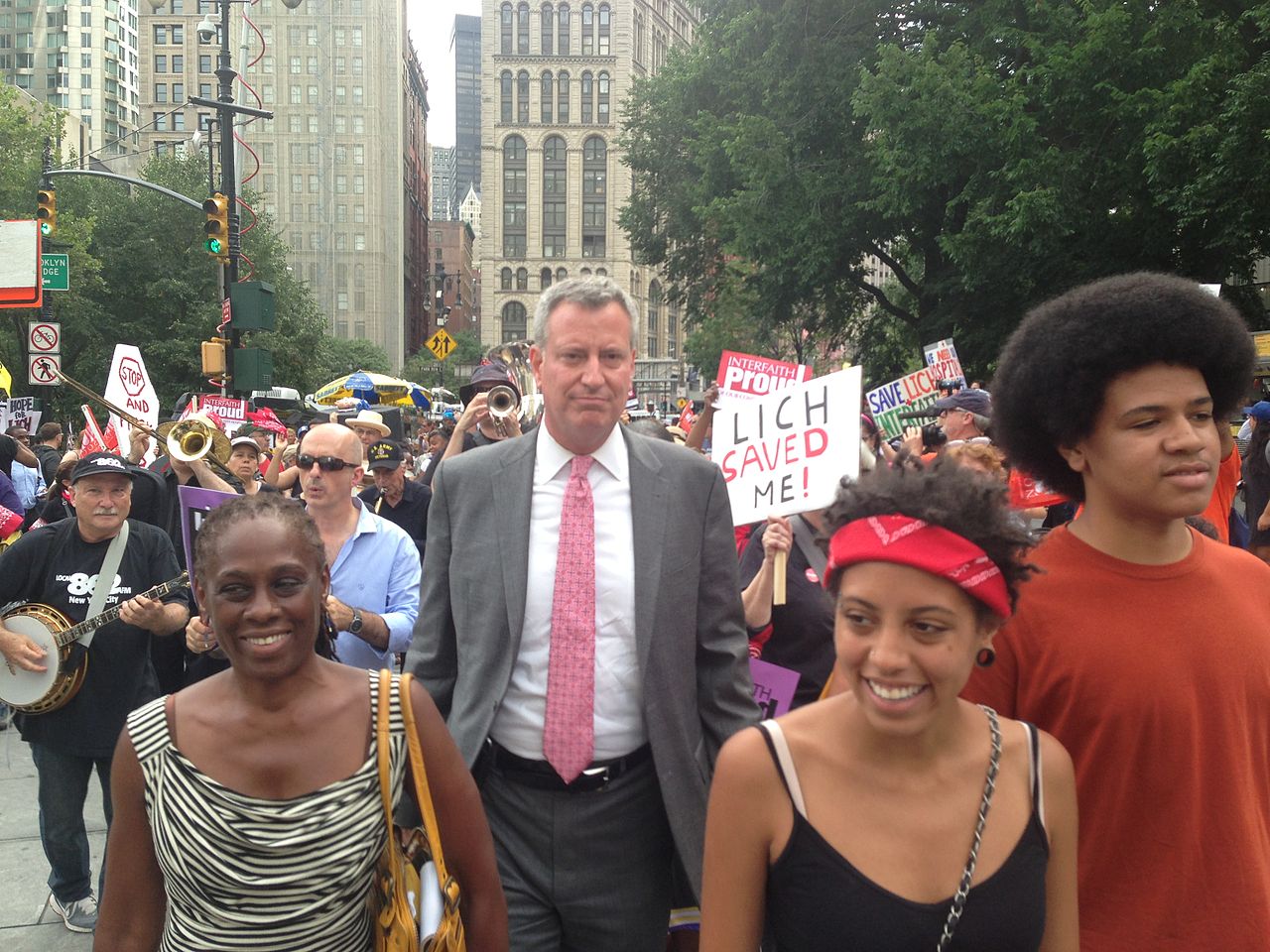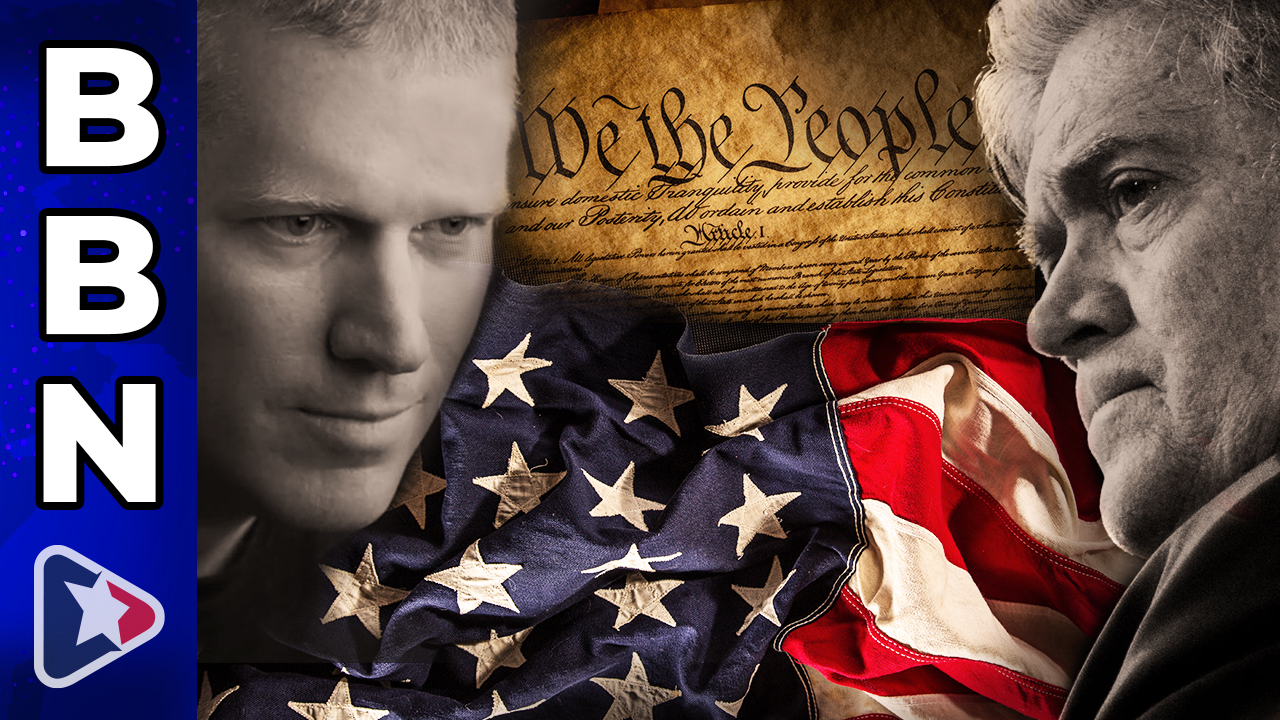
New York City Mayor Bill De Blasio announced on Sep. 16 that he and his staff will be furloughed for one week without pay, starting Oct. 1, to remedy a budget shortfall due to the pandemic. A spokesperson for Mayor De Blasio told the New York Times that he intended to work during his week-long unpaid leave.
The weekly unpaid furloughs between October 2020 and March 2021 will apply to all 495 staff members in the mayor’s office. In addition, staff members who are not part of any labor union in the city will be affected by the week-long unpaid leave.
During the Sep. 16 announcement, Mayor De Blasio told reporters that putting his staff on week-long unpaid leaves was not a light decision and acknowledged how it was “painful for them and their families.” However, he reiterated his choice as “the right thing to do at this moment in history.”
The mayor also told reporters that the recent coronavirus outbreak cost the city $9 billion in revenue and forced an additional $7 billion cut to New York City’s annual budget. While the furloughs on his staff will only save about $1 million, the mayor said that it “may serve as a useful symbol.”
Meanwhile, Mayor De Blasio is continuing negotiations with labor unions representing municipal employees over broader payroll savings. He warned that as many as 22,000 city employees may be laid off if savings cannot be found in negotiations with labor unions. (Related: New York City trying to borrow more money to avoid laying off 22,000 city employees who are no longer needed — DEBT will only lead to financial DEMISE.)
The furloughs are the latest addition to NYC’s woes under de Blasio
De Blasio is also seeking greater borrowing power from state lawmakers so the city can fund its operations and aid from the federal government. However, both of these pleas have fallen on deaf ears.
As such, the New York City mayor described the furloughs an “unfortunate but inevitable result” of both the state and federal government’s inaction. He further mentioned that there was “no indication” of any federal stimulus for the remainder of 2020.
Some New York City stakeholders did not take kindly to the furloughs.
Henry Garrido of District Council 37, the city’s largest municipal employee union, said many of his members could not afford a weekly furlough as they live “paycheck to paycheck.”
New York City comptroller Scott Stringer called the furloughs “a lazy substitute for real work.” Stringer remarked the mayors preceding de Blasio regularly tasked city agencies with reviewing their respective budgets for any amounts “without endangering essential services and public workers” and called for a revival of the practice.
De Blasio later mentioned that the city was “looking for every possible way” to address its budget problem. However, he reiterated that a property tax on wealthier citizens is “off the table.”
In July, State Rep. Alexandria Ocasio-Cortez pushed New York Gov. Andrew Cuomo to implement a wealth tax on billionaires in the state – to help residents hard hit by COVID-19. However, Gov. Cuomo rejected the idea a month later, on the grounds that increasing taxes “would lead to a bad place” and the state was “trying to get people to come back.”
“Excelsior” or ever higher is the official state motto of New York, but the wrong kind of “Excelsior” can be found in New York City. Soaring crime rates and soaring tax rates have rotted the Big Apple, with many leaving the city that never sleeps towards friendlier ones.
A group of over 150 business leaders have asked de Blasio to fix the city’s crime and sanitation problem. But will the mayor act or will many more leave the city that never sleeps for friendlier cities?
Find out more news about the effects of Democratic policies on once-prosperous U.S. cities at Collapse.news.
Sources include:
Please contact us for more information.














